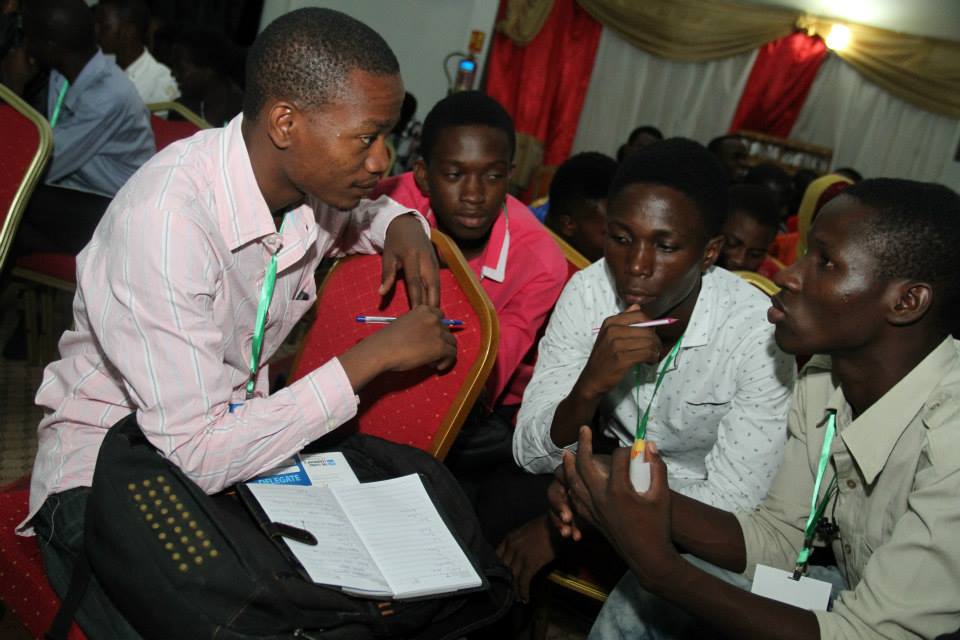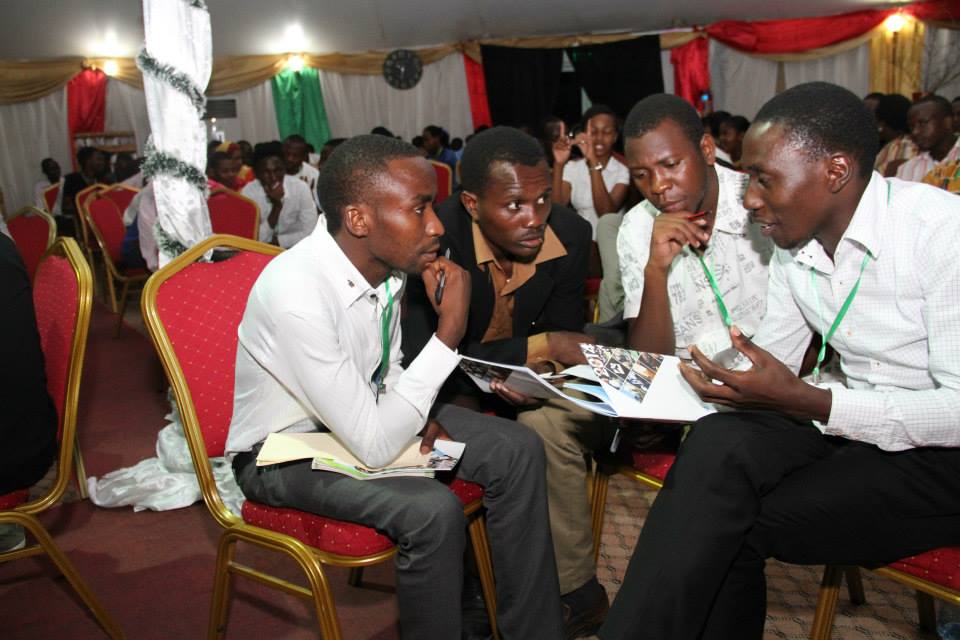Leadership Development for Youth in Tanzania Where the Average Age is 17
God whispered to me about the youth of Tanzania.
When I attended the Summit, God started whispering to my heart about how I can reach youth and the millennial generation. The average age of a Tanzanian is 17 years, so most of the population is young.
My vision is to reach more young men and women so they can learn about leadership and can develop their leadership skills. Everyone wins when a leader gets better, so if these young men and women get better as leaders, I believe the economy in Tanzania is going to thrive even more than it is now.
My passion was ignited.

My passion for youth started in 2014. In 2013, we started the GLS in my country, and we only had one single site. But in 2014, we started a GLS for emerging leaders. We planned for about 400 youth to come, but the day before the Summit, more than 600 had registered! That level of passion thrilled me, so since that time, we’ve been reaching out to youth and to the universities.
There has been so much change in the youth as a result. We have a 68 percent retention rate of people attending the GLS. Additionally, four out of ten leaders are saying they are applying the GLS techniques and tools that they’ve learned. This is really great.
Developing young leaders serves the national agenda for our future.
We know employment is an issue, and if we don’t prepare our young people to be competent in those jobs, especially at the level of leadership, we won’t be able to grow.
Tanzania has the fastest economic growth in Africa. Our national agenda is to become an industrialized country.
Industry means employment. When you talk about employment, you talk about youth. When you talk about youth, you talk about production. You need good people to work in good industries. That’s our national agenda, and our president is supporting the industrialization of the country.
We know employment is an issue, and if we don’t prepare our young people to be competent in those jobs, especially at the level of leadership, we won’t be able to grow.
The GLS fills the knowledge gap our country needs for economic growth.
The hardest thing about pursuing this vision is reaching out to people to provide this knowledge. The government is trying to develop the country, making sure we have health facilities, infrastructure and roads. But that knowledge gap is not something that is resolved in schools or at the family level—it has to be done at a place like the GLS.

If we want our people to take part in reforming the economy, we need to give them the right knowledge. I know they need good health, good education and good infrastructure, but the leadership quotient is not taught at the school, it’s not taught in the church; it’s taught at the GLS where world class leaders come together and share their story, their experience and their insight.
One of the hardest things is taking the GLS to the places where it has never been before.
The number one reason people should attend the GLS is because of the impact it has. Number two is the skill set they are going to learn. Number three is because the target agenda of the country is industrialization.
Your financial support has been so helpful, especially in Tanzania. You have taken the GLS to where it has never been before. Thank you very much!
